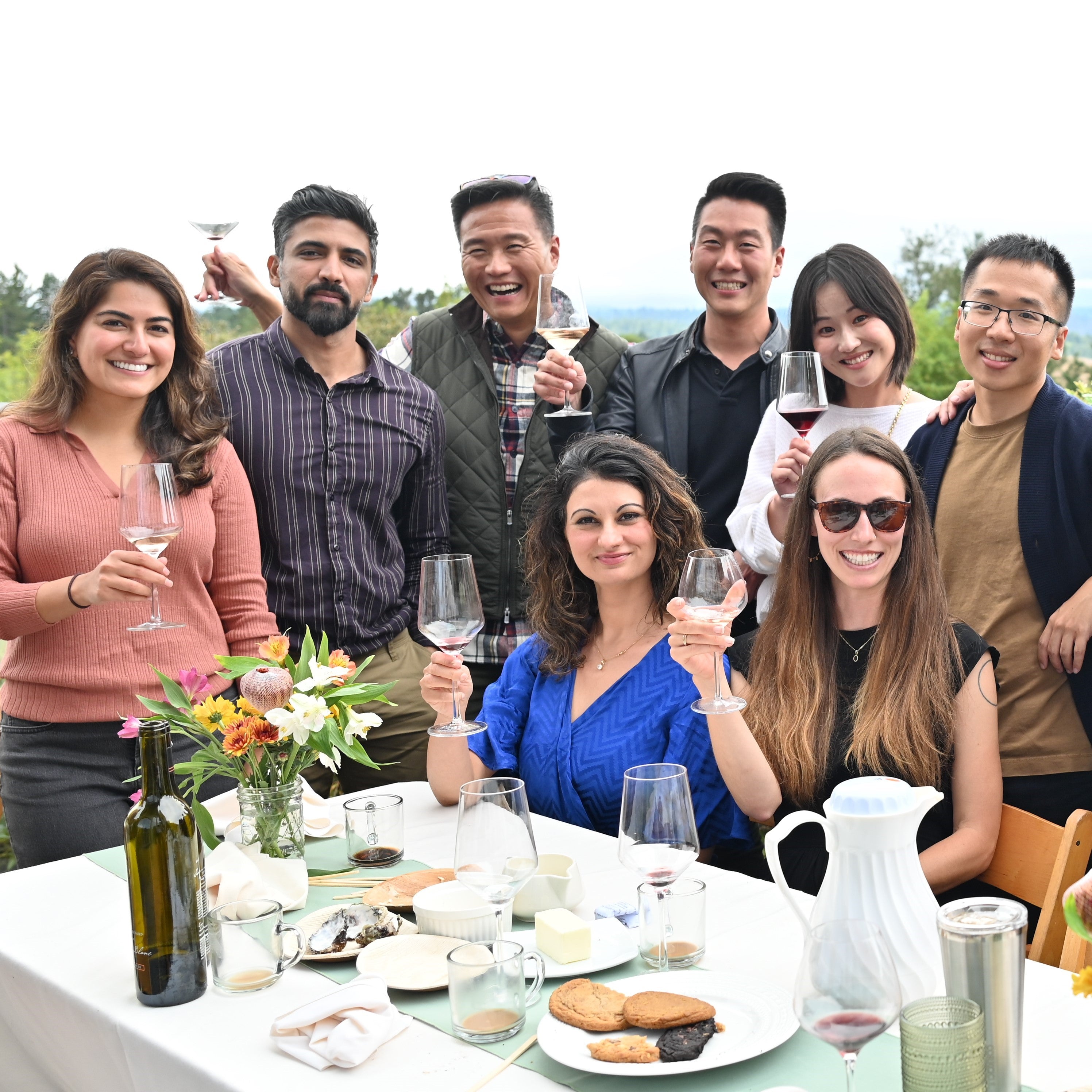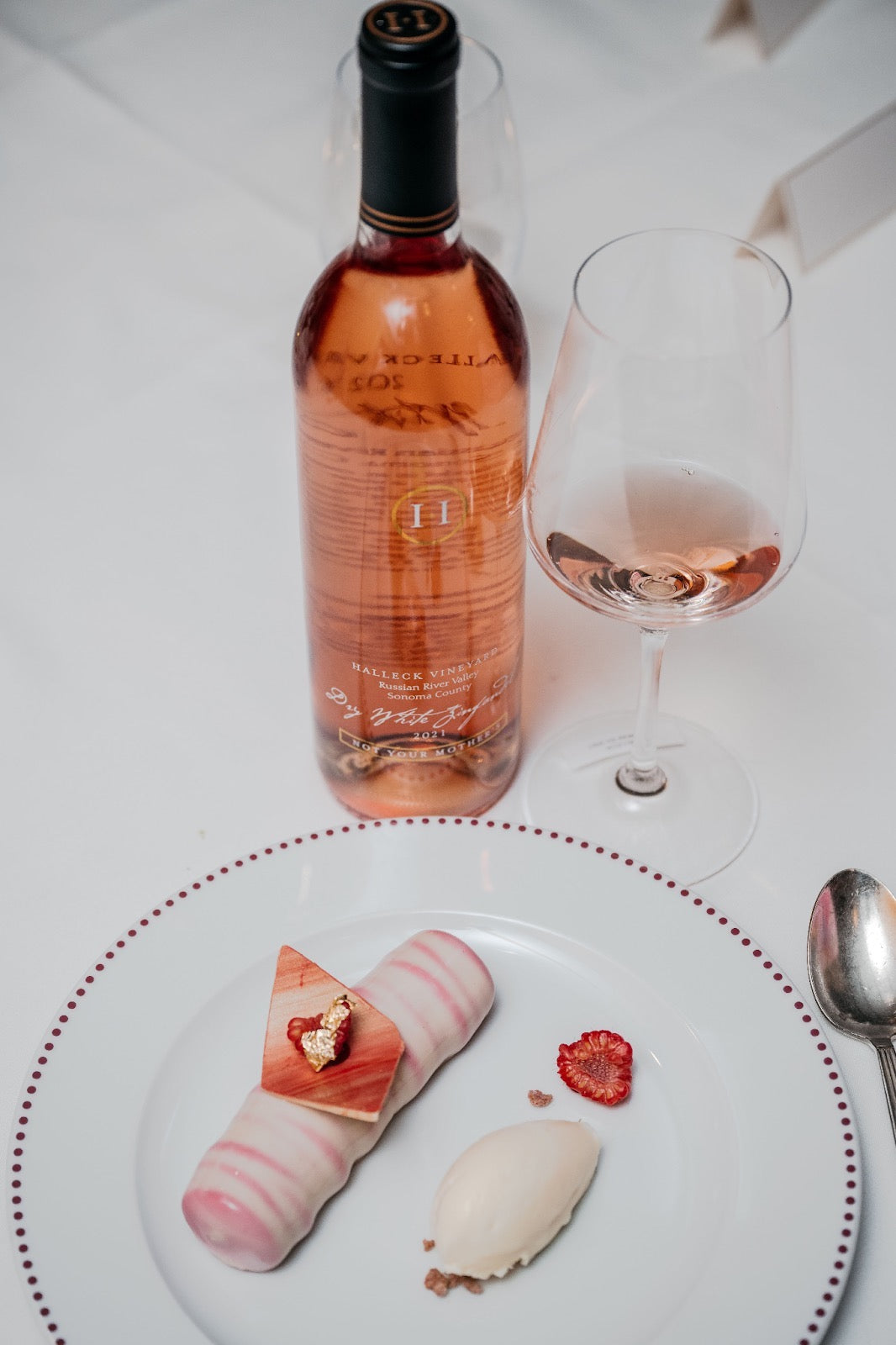Wineries Known For Handcrafted Wines - Sebastopol Wineries
Wineries Known For Handcrafted Wines - Sebastopol Wineries
Blog Article
Wineries Producing Pinot Noir And Chardonnay - Sebastopol Wine Experiences
Wine tasting is usually regarded as an art kind, one that goes past merely enjoying a beverage. It embraces a fancy interplay of flavors, aromas, and textures that requires devoted practice to truly grasp. Many who venture into the world of wine tasting shortly realize that it includes rather more than just sipping wine. Bettering sensory skills through devoted winery wine tasting can elevate the experience, transforming an off-the-cuff drinking occasion into a classy exploration of the senses.
At a fundamental degree, wine tasting engages the senses of sight, scent, taste, contact, and even sound. Every component performs a crucial function in appreciating the nuances of a wine. When one first pours a glass of wine, the rich hues can present initial insights into its age and varietal. Observing the color and readability helps form expectations concerning the wine's flavor profile. Many don’t fully respect how this visible evaluation can set the stage for what is to comply with.
The next step is to interact the sense of scent. Swirling the glass aerates the wine, permitting its volatile compounds to escape and fill the air with its bouquet. The nose entails some fascinating layers—different aromas can sign numerous features of the winemaking course of, together with the type of grapes used, fermentation methods, and growing older situations. Creating a eager sense of scent can be a game-changer in wine tasting.
Wineries With Sustainable Practices - Winery In The Sonoma Wine Region
To enhance this sensory skill, wine enthusiasts are sometimes encouraged to participate in devoted tastings at wineries. These tastings allow people to focus solely on the sensory experience (Wineries With Unique Wine Blends). Tasting classes led by knowledgeable sommeliers or winemakers can provide insights into identifying distinct aromas. Studying to differentiate between floral, fruity, earthy, and spicy notes can empower a taster to articulate their experience with larger precision.
As one practices their sensory abilities, they might discover that their taste preferences evolve. This transformation usually occurs after multiple tastings. A wine that originally seemed overwhelming may reveal hidden layers of complexity with a little bit of experience. Understanding tips on how to isolate particular person flavors such as acidity, sweetness, bitterness, and umami contributes considerably to the overall wine experience.
Another important element in enhancing sensory skills is the context during which wine is tasted. Environmental factors like temperature, lighting, and even the corporate current can influence perceptions. At a winery, an optimum setting can cut back distractions and enable a extra profound exploration of the wine (Wineries With Picnic Areas). Practicing conscious tasting techniques encourages a more immersive experience, permitting tasters to hone in on their senses.
It is not solely about individual notion, though. Partaking with others throughout a tasting also can improve sensory skills. Sharing notes and discussing impressions fosters a deeper understanding of the wine. This collaborative approach encourages individuals to articulate their sensory experiences, thereby broadening their linguistic repertoire associated to wine tasting.
Wineries Pairing Wine With Chocolate - Top Sonoma Wine Tasting Destinations
Moreover, pairing wine with food can significantly improve the tasting experience. Totally Different combinations can deliver out unique flavors in both the wine and the dish. As one tastes a wine alongside explicit foods, they can begin to recognize how certain parts within the wine complement or contrast with what they are consuming. This skill of pairing is another layer that enriches sensory growth.
Training one’s palate can involve a big selection of workouts. Some enthusiasts engage in systematic tasting experiences, sampling a spread of wines that link showcase totally different varietals, areas, or vintages. Exploring this variety can sharpen the ability to discern nuances throughout different wine profiles. Over time, this practice builds a psychological library of flavors that might be accessed throughout future tastings.
Notably, written notes serve a dual function: organizing one’s thoughts and reinforcing reminiscence. By writing down observations about each wine, tasters can observe their progress over time. Detailing the characteristics of wines assists in solidifying data, finally deepening one’s appreciation of what they devour.
Furthermore, attending workshops or classes centered on sensory analysis may also be helpful. Many wineries offer these academic packages to assist individuals refine their skills. Usually, trained instructors guide individuals through structured tastings, focusing on specific components of the wine. This level of training reinforces the sensory skills asynchronously and challenges tasters to consider their experiences from completely different angles.
Good Wineries For Large Groups In Sonoma Valley - The Charm Of Sonoma Wineries

Over time, the dedication to enhancing sensory skills via devoted winery wine tasting can yield vital rewards. The enjoyment derived from wine turns into layered and multifaceted. No longer restricted to a simple choice for "purple" or "white," tasters begin to appreciate the stories behind each pour. They cultivate a palette capable of navigating the complex landscape of flavors with confidence.
In conclusion, the journey of enhancing sensory skills through devoted winery wine tasting is as rewarding as it's gratifying. It requires focus, dedication, and a willingness to study, however the outcomes far exceed the preliminary effort. By partaking a number of senses and collaborating in thoughtful discussions, individuals not only turn into more proficient at figuring out flavors but also develop a deeper appreciation for the craftsmanship behind each bottle. The course of transforms wine from a mere beverage into a rich tapestry of sensory exploration that beckons enthusiasts to delve deeper. As skills improve, so too does the enjoyment, enriching life experiences one sip at a time.
Wineries Offering Virtual Wine Tastings - Wine Tours And Tastings In Sebastopol
- Engaging the palate via various wine varieties enhances the flexibility to tell apart flavors and aromas, refining general sensory notion.
- Collaborating in guided tastings promotes targeted consideration on refined traits of each wine, nurturing critical tasting skills.
- Learning to determine specific grape varieties fosters a deeper understanding of terroir, which aids in recognizing regional flavor profiles.
- Incorporating food pairings during tastings can heighten sensory consciousness, as completely different tastes can affect one another and alter perceptions.
- Working Towards the art of swirling and nosing wines permits people to connect olfactory cues with taste, improving the ability to articulate sensory experiences.
- Attending workshops that emphasize blind tastings trains participants to rely purely on their senses rather than preconceived notions, enhancing objectivity.
- Elevating sensory skills can lead to better wine selection abilities, empowering individuals to make informed choices based on personal preferences.
- Engaging with knowledgeable sommeliers offers insights into wine-making processes, which deepens sensory appreciation and enhances vocabulary for describing wines.
- Regular participation in tastings encourages reminiscence growth of flavors and aromas, aiding within the formation of a personalised sensory profile over time.
- Sharing tasting experiences with friends fosters dialogue, selling communal studying that can enhance individual sensory skills through collaboration.undefinedWhat is the aim of bettering sensory skills by way of wine tasting?

Enhancing sensory skills through wine tasting permits individuals to enhance their capacity to determine and appreciate the assorted aromas, flavors, and textures of wine. This heightened sensory awareness can result in a deeper understanding of wine and an general enriched tasting experience.
Rustic Family-Owned Wineries In Sebastopol - Vines And Views In Sonoma Wine Country
How can I develop my sensory skills at a winery?
You can develop your sensory skills at a winery by participating in guided tasting sessions that target particular varietals. Have Interaction with educated employees who can present insights and encourage you to take notes on your impressions, enhancing each your observational and descriptive skills.
What ought to I anticipate during a dedicated wine tasting experience?
Local Favorite Wineries In Sonoma - Craft Wineries In Sonoma
Throughout a devoted wine tasting experience, count see page on to pattern a number of wines whereas receiving focused training about each. You'll learn about the winemaking process, tasting techniques, and tips on how to discern different sensory characteristics, all in a relaxed environment.
Is prior information of wine essential to benefit from a sensory skills workshop?
- Wineries With Locally Sourced Food Options
No prior knowledge of wine is critical; the workshops are designed for all levels of experience. Newbies will discover valuable data to construct from, while seasoned tasters can refine their skills and broaden their palate even additional.
How do sensory skills influence my general wine appreciation?
Small Batch Wineries In Sonoma Valley - Craft Wineries In Sonoma
Bettering sensory skills considerably enhances your overall wine appreciation by allowing you to establish subtleties and complexities in wines. This deeper understanding enriches your tasting experience and helps you make informed alternatives based mostly on personal preferences.
Are there specific techniques I ought to use whereas tasting wine to enhance my sensory skills?
Wineries Ideal For Large Groups - Wineries To Visit
Sure, employing techniques such as the "SWOT" method (Sight, Swirl, Smell, Sip, Savor) may be helpful. Pay consideration to the wine's look, aromatics, and mouthfeel, and take your time with each sip to completely explore the flavors and sensations.
What type of wines are typically included in sensory skills tastings?
Usually, sensory skills tastings embrace quite so much of wines that showcase different areas, varietals, and styles. This diversity helps members determine distinct characteristics and enhances their capacity to differentiate between wines.
Can sensory skills workshops be personalized to my tasting interests?
Wineries That Offer Dog Friendly Areas - Sonoma Wine Tastings
Many wineries supply personalized options for sensory skills workshops, allowing you to focus on specific types of wines or themes that interest you, corresponding to organic wines or distinctive regional choices. It's greatest to inquire directly with the winery for tailored experiences.
Is there a approach to practice sensory skills after leaving the winery?
Sure, you'll find a way to practice your sensory skills at home by tasting totally different wines and maintaining a tasting journal. Experimenting with various food pairings and aromatics can further improve your understanding of how flavors work together, reinforcing the talents gained at the winery. Report this page